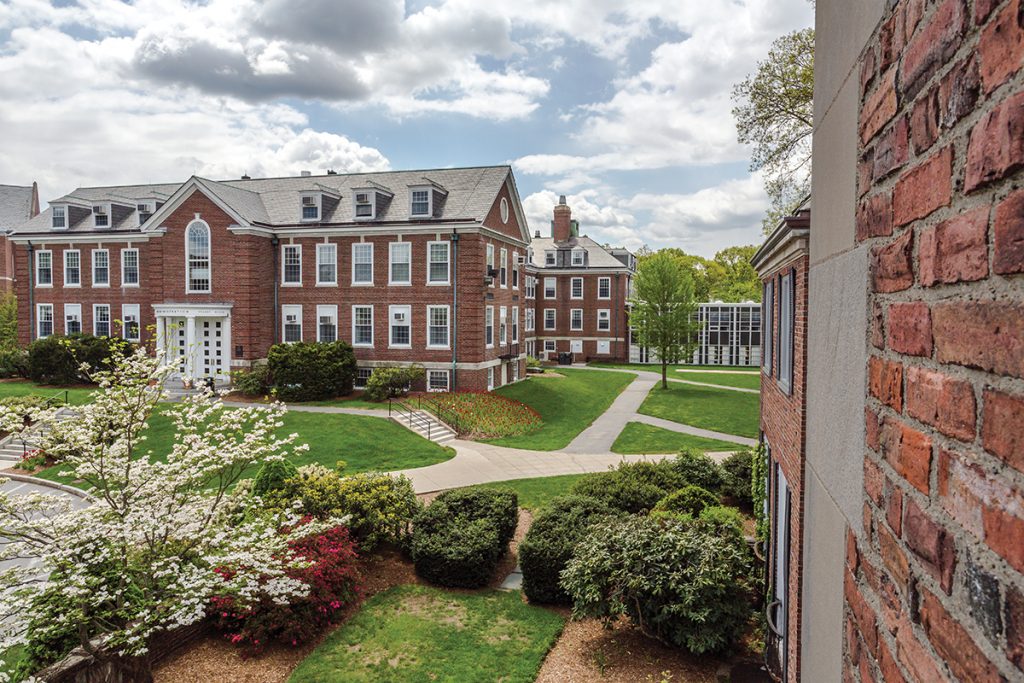The long-term impact of the recent decision by the US Supreme Court that the Constitution does not confer a right to abortion, was the subject of a discussion on October 12 at BC Law School.
“The Dobbs Decision: The Roar of a Wave that Could Drown the Whole World,” as the event was titled, brought together three Boston College Law School professors and Boston University’s James Fleming, a constitutional law expert and author of Constructing Basic Liberties: A Defense of Substantive Due Process, published this year by the University of Chicago Press.
In June, Dobbs v. Jackson Women’s Health Organization overruled Roe v. Wade’s protection of the right of pregnant persons to decide whether to terminate their pregnancies. Since that undoing of the 49-year-old right, questions have abounded: What comes next for the Court’s protection of basic liberties? Is the Supreme Court just getting started? What will the impact be on due process?
Fleming, the Hon. Paul J. Liacos Professor of Law at BU, argued in defense of substantive due process in his presentation, often referencing his newest book. Constructing Basic Liberties, according to his website, disputes “recurring charges that the practice is hopelessly indeterminate and irredeemably undemocratic” and shows the “coherence and structure of substantive due process and defends it as integral to our form of constitutional democracy.”
After presenting his main arguments in defense of due process, notable BC Law professors Cathleen Kaveny, Ryan Williams, and Katharine Young shared their thoughts on what Dobbs might portend for the future.
Moderating the event was a third BC Law professor, Daniel Kanstroom, co-director of Boston College’s Center for Human Rights and International Justice, the primary sponsor of the panel, and faculty director of the co-sponsoring Rappaport Center for Law and Public Policy. BC Law’s American Constitution Society also co-hosted.


